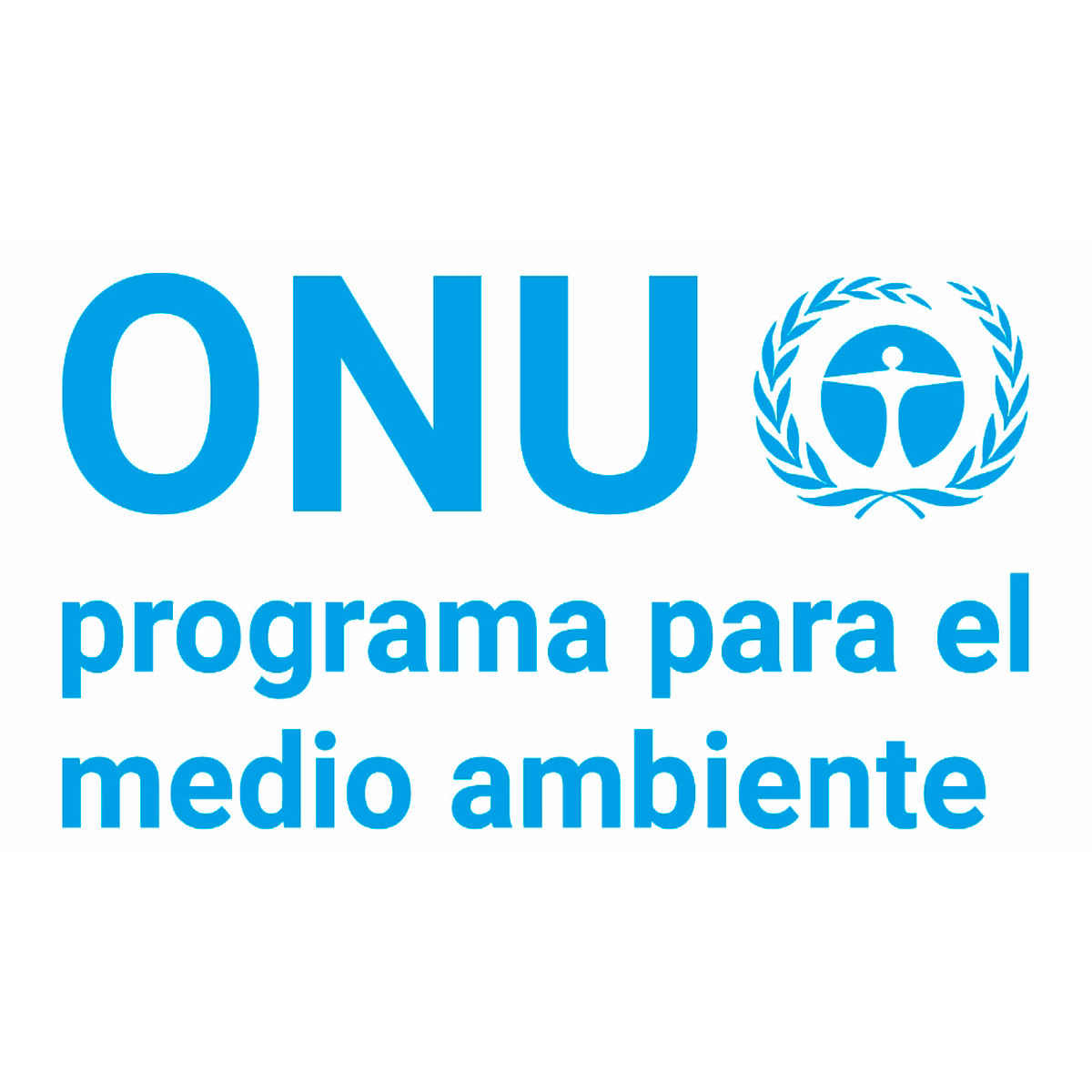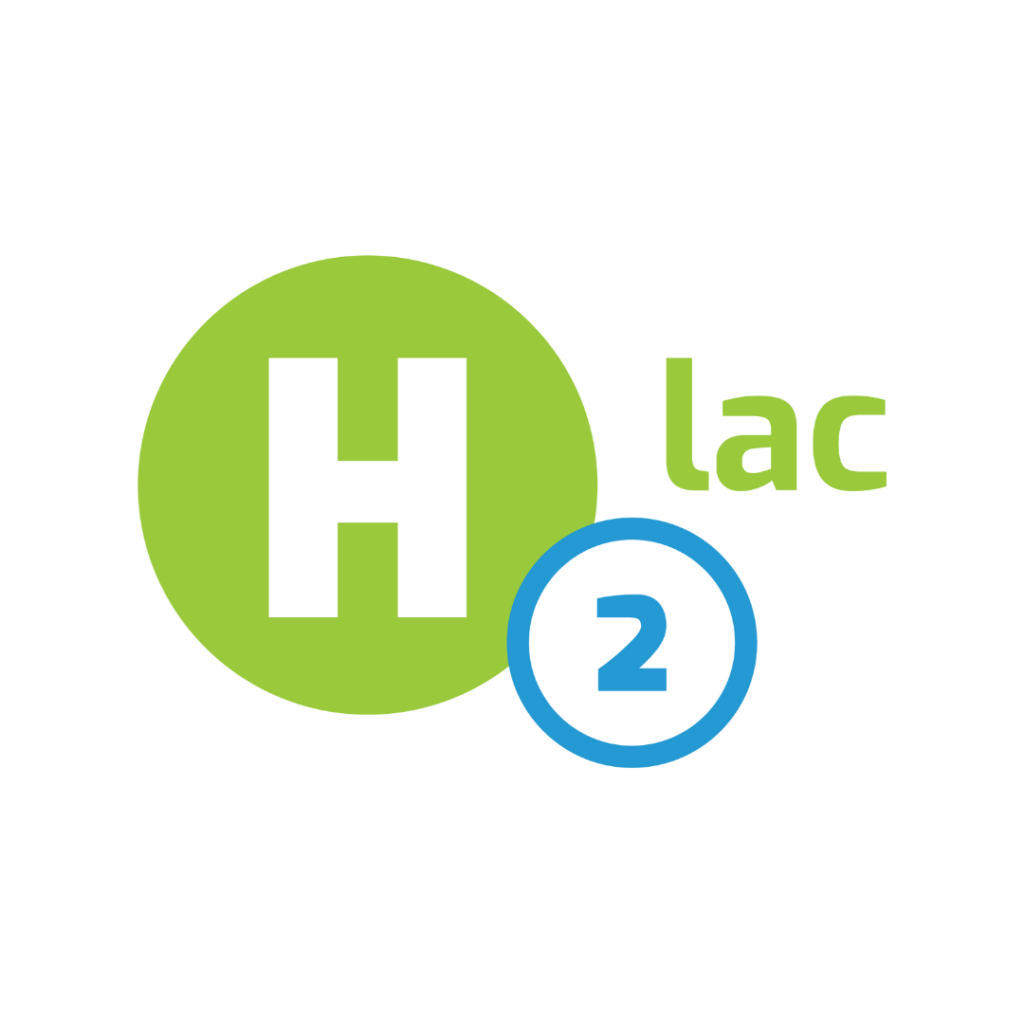Convocatoria abierta hasta el 17 de agosto de 2023.
El objetivo de esta consultoría es contribuir a la ejecución del proyecto de preparación para el Global Climate Fund (GCF) «Avanzando en un enfoque regional de la economía verde del hidrógeno en América Latina y el Caribe» para Trinidad y Tobago. El consultor estará a cargo del grupo de trabajo nacional sobre hidrógeno verde, contribuirá al éxito de las sesiones de creación de capacidades relacionadas con el GCF, a través de la participación de contrapartes públicas, otros organismos públicos y el sector privado cuando sea necesario. Desarrollará informes base de evaluación nacional, incluyendo situaciones de sectores que pueden beneficiarse del hidrógeno verde, considerando las barreras y oportunidades para Trinidad y Tobago y ayudará a implementar la estrategia nacional de hidrógeno.
Conoce a continuación más detalles de esta oportunidad (en inglés dado que el idioma es un requisito del puesto).
Output 1: Relevant country stakeholders have established adequate capacity, systems and networks to collaborate in the planning, programming and implementation of GCF-funded activities. The consultant will contribute to the work of the national interinstitutional working group on hydrogen and liaise with the relevant national actors (which may include executing entities, civil society organizations and the private sector), including women and local community groups, to strengthen the working group. The consultant is expected to prepare the documentation needed for the successful delivery of the meetings and be in constant communication with the leading entities of the government. The consultant is expected to handle the national inter-institutional working group to engage regionally with the other members of the Readiness project.
Activity 1.1 Strengthen national inter-institutional working group on the hydrogen economy in Trinidad & Tobago in coordination with international agencies supporting the country. All activities will be delivered in agreement with the national counterpart.
1.2.1 Design the national inter-institutional working group structure based on the national green hydrogen stakeholders assessing their impact using the influence vs interest methodology. The consultant is expected to contact all stakeholders to interview them and then evaluate their impact.
Activity 1.2 Conduct stakeholder engagement activities in Trinidad & Tobago.
1.2.2 Identify and assess all and potential green and non-green hydrogen projects in Trinidad & Tobago, including the main stakeholders involved, barriers to the deployment, financing structure and schemes and impact on the national emission reduction targets.
Ouput 2: Enhance strategic frameworks to address policy gaps, improve sectoral expertise, and enhance enabling environments. The consultant, supported by the Hydrogen economy planning expert, will analyze the country’s opportunities towards green hydrogen and aligned the new possibilities with the national decarbonization goals. The consultant will collaborate with the hydrogen economic expert to assess the country’s niches and adapt the study to the national characteristics and goals, and the green hydrogen projects prefeasibility analysis consultancy company on the delivery of the prefeasibility analysis. The consultant is expected to liaise with the leading entities in Trinidad & Tobago and the interinstitutional working group.
Activity 2.1 (2.2.A3 and 2.4.A.1) Adapt the green hydrogen economy strategy coordination report, the two policy briefs and the various business cases of hydrogen production and usage to develop new economic niches developed to the national characteristics and goals.
Activity 2.2 (2.4.A.2) Collaborate with the government on the necessary definition for the development of the prefeasibility analysis (the prefeasibility study itself will be delivered by an external company).
2.2.1 Selection on the project to be analysed, including the analysis of the national green hydrogen goals, national development plans, National Determined Contribution and other key document and plans related to the expected impact of the green hydrogen project.
2.2.2 Definition and specifications of the project selected. Provide guidance to the government on the definition of key characteristics of the project, including by delivering meetings and interviews with key stakeholders.
Output 3. Partnerships were established to foster the development and dissemination of methods, frameworks, and information systems for enhanced climate finance programming at sub-national, national, and regional levels (outcome 4). The consultant will work alongside local persons and engage the national actors in capacity building and communication activities to successfully train the most relevant stakeholders in Trinidad & Tobago.
Activity 3.1 (5.1.A1) Collaborate with the delivery of the capacity-building sessions and definition and design of the communication campaign by advising on topics and gathering the relevant stakeholders from the country’s public and private sectors with a gender and local communities approach.
Activity 3.2 (5.2.A1) Conduct the coordination of activities within the H2LAC platform, including the dissemination and participation of the online webinars, the dissemination of the technical reports and knowledge-sharing activities to foster regional collaboration.
Deliverables
Deliverable 1: One (1) national hydrogen national working group structure proposal including a stakeholders’ analysis, both public and private, and the summary of interviews and the impact assessment based on their influence and interest
Deliverable 2: One (1) analysis of all the green and non-green hydrogen projects in the country including the main stakeholders involved, barriers to the deployment, financing structure and schemes and impact on the national emission reduction targets.
Deliverable 3: One (1) assessment on the national adaptation of the regional policy documents delivered (green hydrogen economy strategy coordination report, the two policy briefs and the various business cases of hydrogen production and usage) to the country policy and projects goals on green hydrogen.
Deliverable 4: One (1) information report of the selected project, including the analysis of the national green hydrogen goals, national development plans, National Determined Contribution and other key documents and plans related to the expected impact of the green hydrogen project.
Deliverable 5: One (1) report of the support activities delivered, including the definition of the national capacity building and communication needs and how they will be met.
Deliverable 6: One (1) analysis of data and information of the selected project, including the definition of key characteristics such as energy generation capacity, hydrogen estimation production and /or usage, main assumptions, and estimated implementation plan.
Deliverable 7: On (1) report on the webinars disseminated, attended and presented within the H2LAC platform.
The consultant will be responsible for:
• Collecting and processing the data necessary for the development of the aforementioned studies.
• Conduct interviews or generate the necessary information for the development of the aforementioned studies.
• Create, promote and maintain relationships with the national public, private and civil society actors for their involvement in the project. Actively seek feedback from all sectors on the proposals to be created.
• Organize the logistics and content of the national workshops, with special attention to the appropriate involvement of all participants, considering the final objective of the workshop.
• Attend to the needs of the national authorities and provide technical advice when required, ensuring their active involvement in the proposals presented.
• Observe national interests and priorities in the formulation of proposals, studies and conclusions developed.
• Attend meetings, calls, and guidelines provided by the UN Environment Project Manager, the Regional Support Consultant, the Designated National Authority of the Country to the Green Climate Fund, the coordination of the national interinstitutional working group and the project’s technical advisory team.
• Comply with the deadlines stipulated by the UN Environment Project Manager.
• Attend and collaborate in the coordination process for the strengthening of civil society and private sector initiatives.
• Actively participate in the H2LAC community of practice by generating the content in coordination with the other national consultants and the regional coordinators.
• Encourage the participation and exchange of experiences and knowledge of government authorities, civil society and the private sector, promoting leadership on issues in which they have progress.
Work Location
Home Based
Expected duration
18 MONTHS
Duties and Responsibilities
The United Nations Environment Programme is the leading global environmental authority that sets the global environmental agenda, promotes the coherent implementation of the environmental dimension of sustainable development within the United Nations system and serves as an authoritative advocate for the global environment.
The UNEP Latin America and the Caribbean Office (LACO), located in Panama City, Panama, works closely with the 33 countries of the region and its activities are integrated into the Medium-Term strategy, and the Programme of Work approved by the United Nations Environment Assembly (UNEA).
The green hydrogen generation technical potential in Latin America and the Caribbean is significant, estimated at 1,114 EJ of green hydrogen produced at a cost under USD 1.5/kg by 205015. Therefore, green hydrogen can be produced using the clean and renewable energy sources available in the region.
Beyond the potential for its production, using hydrogen as an energy source can also result in a myriad of benefits for the region. The transport sector is the highest consumer of fossil fuels and the leading source of fossil-fuel-related GHG emissions (15% of all regional GHG emissions in 2018). Diesel and gasoline are the main fuels used in transport, accounting for 83% of the total energy use. Hydrogen can be used for all transportation electrification, fuel cell electric cars, trucks, buses, forklifts, ferries and ships, and aircraft. Globally, some 8,000 fuel-cell electric vehicles (FCEVs) were sold in 2020.
In November 2022, Trinidad & Tobago published its Roadmap for a Hydrogen Economy. The proposed roadmap is a 35-year development program divided into three horizons. Horizon 1 focuses on establishing a foundation by achieving consensus, developing enabling policies, and initiating visible decarbonization initiatives, including a pilot offshore wind project. Horizon 2 builds on the foundation to launch utility-scale renewable energy projects and green hydrogen production, aiming to install 25 GW of offshore wind and produce 1.5 Mtpa of green hydrogen. Horizon 3 aims to reinforce Trinidad and Tobago’s leadership by reaching 57 GW of offshore wind capacity and producing 4 Mtpa of green hydrogen by 2065. This roadmap outlines the country’s transition to a sustainable and decarbonized energy sector through offshore wind and green hydrogen.
The project, » Advancing a Regional Approach to the Green Hydrogen Economy in Latin America and the Caribbean » aims to create the right conditions to promote the hydrogen economy through the exchange of experiences at a regional level, ending with the preparation of i) national strategic planning and ii= funding proposals that could be submitted to the GCF and other international financial sources This project is being implemented in 7 countries in parallel.
In this sense, it is required to hire a Hydrogen Specialist consultant to develop the results, explained below.
This position is home-based, with a preference for candidates based locally in Trinidad & Tobago. However, applications from individuals willing to serve as regional or international consultants are also encouraged. The consultant will be supervised by the UNEP Programme Management Officer for Energy Efficiency for Latin America and the Caribbean.
Qualifications/special skills
ACADEMIC:
– A Bachelor’s degree in engineering, public policy, economics, energy, transport, urban planning, or a closely related field is required.
– A Master’s degree in a relevant field in engineering, energy, transport, public policy or in another relevant field is desired
PROFESSIONAL:
-A minimum of five (5) years of relevant work experience supporting energy, transport and/or infrastructure projects or policies is required.
-Experience in working and collaborating as an international consultant in relevant field is an asset
LANGUAGE:
– Fluency in Spanish is an asset.
– Fluency in English is required.
SPECIAL KNOWLEDGE AND SKILLS:
– Demonstrates integrity and ethical standards.
– Mature judgment and initiative.
– Absolute commitment to confidentiality.
– Ability to work independently and under pressure; take the initiative to judge priorities and organize work accordingly.
– Intermediate knowledge and ability to use the set of standard applications (MS Office).
– Strong interpersonal skills and highly developed cultural sensitivity to communicate with all levels of staff and external clients, both orally and in writing.
– Excellent organizational skills, ability to perform multiple tasks and attention to detail, initiative and independence.
– Ability to innovate, combining methodological approaches and data from various levels and disciplines including economics, finance, development, and mitigation.

